Listen to Part One Here
Listen to Part Two Here
In this two-part episode, I welcome Kiran Pereira of Sand Stories back to the podcast as co-host. Kiran leads the way towards the end of Part 1 and takes the floor in Part 2. In Part 1, I speak with Dr Philip Oldfield and Dr Anna Mavrogiannia to critically consider the way we build our environments and the kinds of models that might enable us to do things differently. We then speak with Alia Bengana who spotlights alternative materials for construction and the challenges of shifting perceptions around natural material use. In Part 2, we welcome Craig White, Shriti Pandey, Jukka Nieminen and Dr Ralf Jung, who deliver fascinating insights into their ground-breaking approaches to construction and recycling – offering inspiring ways forward for building cities beyond sand.
Contributors in order of appearance:
Part One:
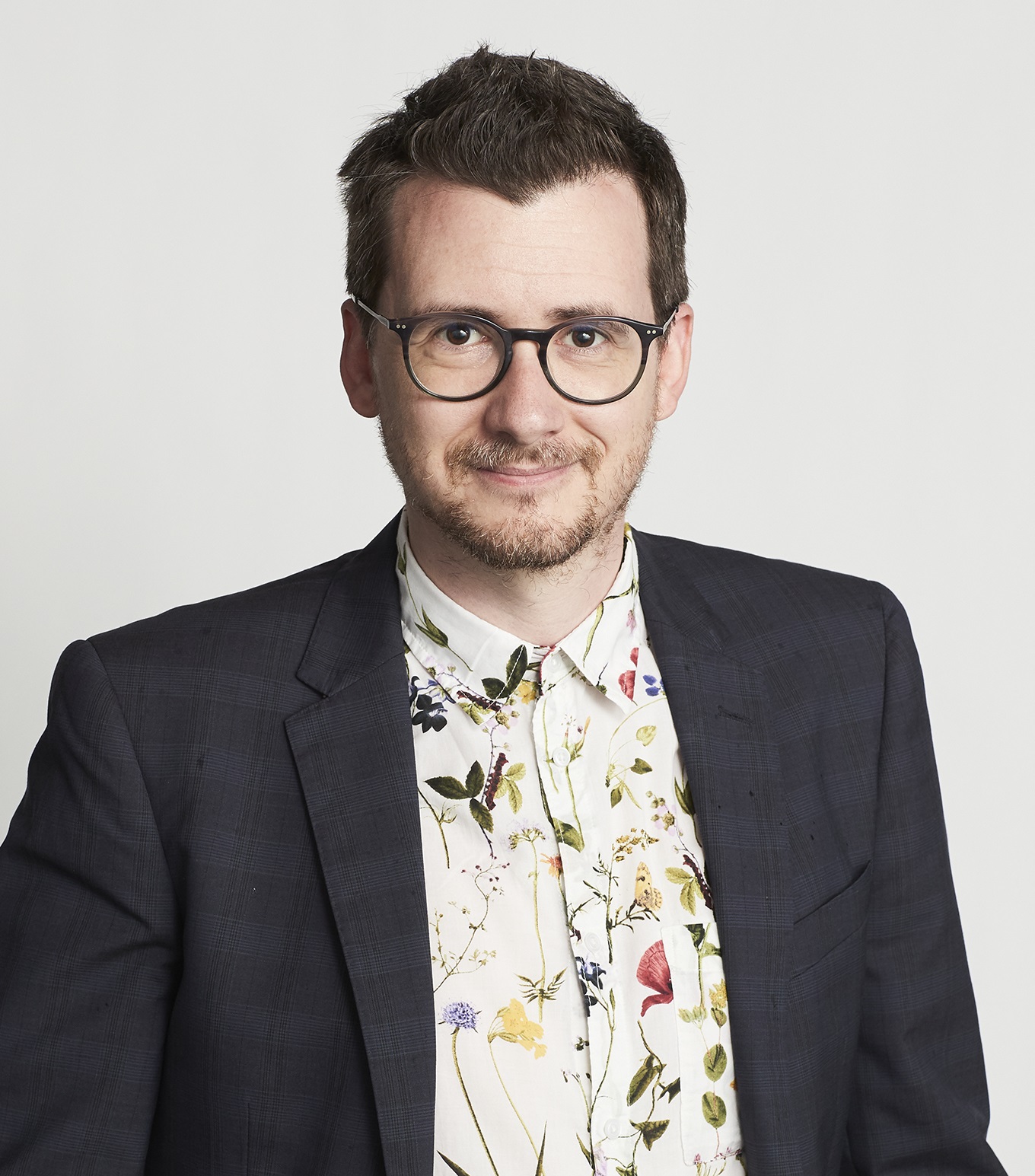
Dr Philip Oldfield is Head of School at UNSW Built Environment, Sydney. His research is focussed on the decarbonisation of architecture, with special interests in tall building design, embodied carbon and lifecycle thinking. Philip is a British Science Association Media Fellow, and has spent time working at The Guardian, writing for the Science and Environment teams. He has also written for Architecture Australia, The Architects’ Journal, Dezeen and many other publications.
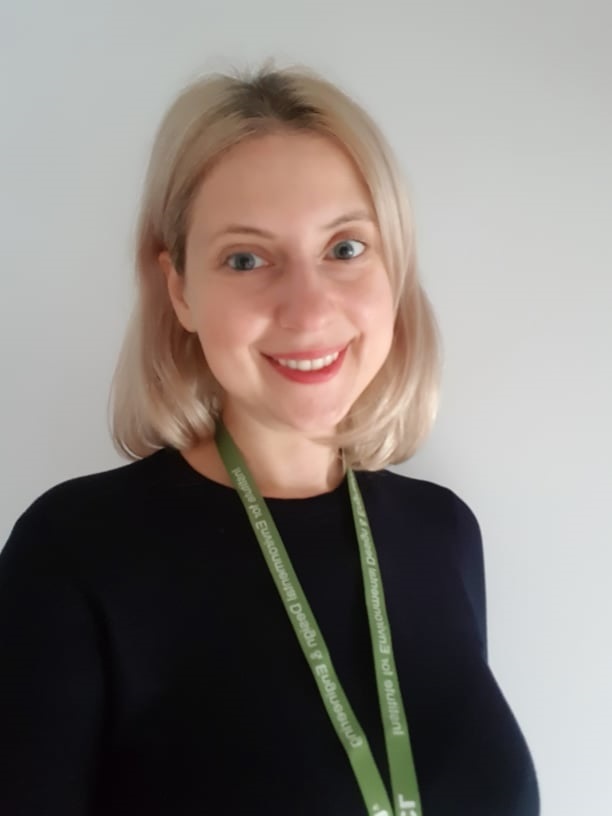
Dr Anna Mavrogianni trained as an architect engineer specialising in building physics and environmental design at the School of Architecture at the National Technical University of Athens and the Bartlett, UCL and has several years of experience in architectural design and environmental consultancy. She is an expert in indoor environmental quality, building energy retrofit and climate change adaptation of the built environment, focusing on heat vulnerability and air quality at the building and urban scale. She leads interdisciplinary research in building performance used by policymakers to evaluate impacts of energy efficiency, urban growth and climate change on energy use, carbon emissions, health and wellbeing. She has produced over 120 peer-reviewed publications to date and has contributed to policy reports, including the UK Government’s 2017 Climate Change Risk Assessment. She is a Co-Secretary of the International Building Performance Simulation Association-England (IBPSA-England) and an Associate Editor in the Energy and Buildings journal.
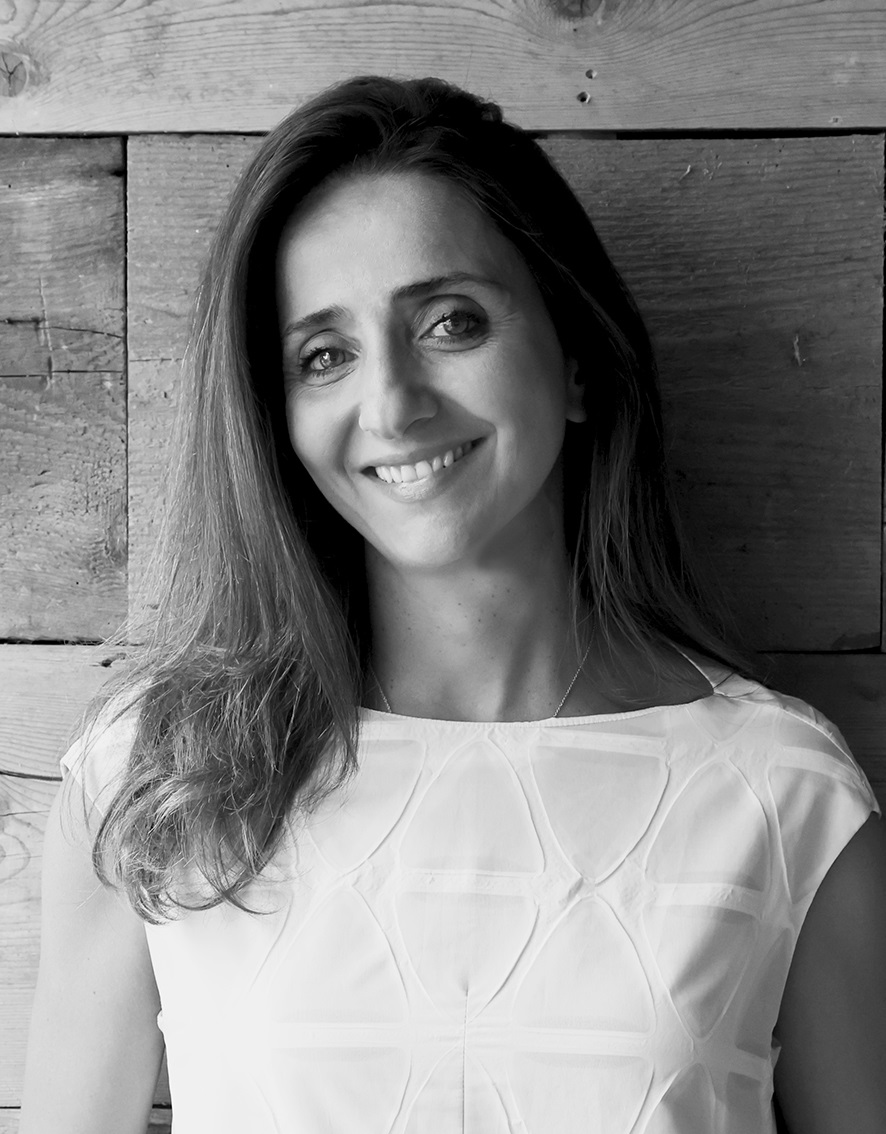
Alia Bengana is an architect, she studied at the School of Architecture of Paris-Belleville and at the Sapienza of Rome. She has been granted by the Delano & Aldrich American Institute of Architects scholarship. Since 2009 she opened her professional practice in Paris, and previously worked in Barcelona, New-York and Shanghai. For the past 10 years, she has specialized in the use of regenerative materials, especially focusing on earth and fibers. She has been teaching in Paris since 2015 and at the Ecole polytechnique fédérale de Lausanne, and Haute école d'ingénierie et d'architecture de Fribourg in Switzerland since 2021. She is a contributor for the Swiss French media Heidi.news and the architectural swiss french magazine Tracès. She has published an investigation on sand and Concrete with Claude Baechtold «Concrete, the end of an era ? » that they are turning into a comic book to be published in fall 2022.
Part Two:
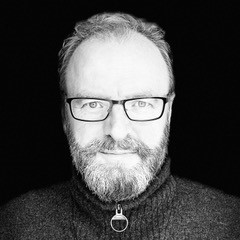
Craig White is CEO at Agile Property and Homes. Agile was set-up to deliver safe, civil, low-carbon, affordable homes to those in housing need using low-carbon,Modern Methods of Construction, built and scaled at pace. Agile is helping to solve the housing crisis, using a land-supply that is new, free & hidden in plain sight. The climate emergency also drives Agile’s design and development of its products and services, to ensure that operational energy and embodied carbon is minimised and that only natural and renewable, carbon capturing materials are used in the fabric of its build systems.
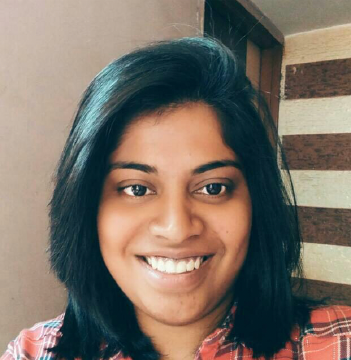
Shriti Pandey is Founder of Strawcture Eco, the first company in India to make homes and school using Compressed Agri-fiber panels which is a 100% green building material. Shriti has been selected for Forbes 30U30 Asia 2021, under Manufacturing Division and selected for the Circular Valley accelerator Program. Her initiative stops crop stubble burning which is leading cause of air pollution in North India . The panels are 100% Green alternative to Gypsum, Wood based panels for External & Internal built environment. The company promotes Circular Economy business model in Construction Industry one of the biggest emitter of GHGs. We made a 7000 sqft hospital for covid relief in Patna. Every m2 of our building material stores 30kg of Carbon dioxide and so far we have stopped 36,000 Tonne of Co2 from being emitted. She has a Master’s in Construction Management from New York University and B.Tech in Civil Engineering. She is a TedX Speaker, United Nations Social Impact Challenge Award Winner in August 2018 in New York City. The first pilot house build by Strawcture Eco won the “ GREEN BUILDING PROJECT AWARD “ by Smart Cities Expo in New Delhi in June 2019. Strawcture Eco is IIM Bangalore, Banasthali University and SELCO Foundation. Shriti is also Acumen & Echoing Green 2020 Fellow.
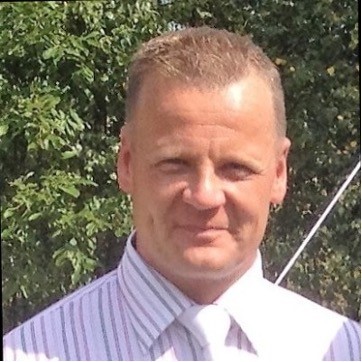
Jukka Nieminen is a Director at Finn Recycling, Oy based in Finland. His expertise lies in setting up systems for the production and sales of specialized sands for industrial applications. He also has experience in the design and construction of sand washing & production plants for various industries.
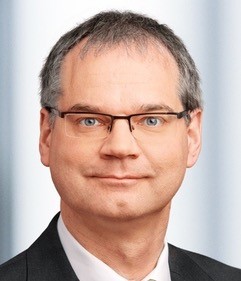
Dr Ralf Jung is founder of Dr Jung Consulting GmbH, in Germany with 30 years of consulting experience. He is also an investor and an advisor to the board of several start-up companies in the Foundries, automotive, process industry in Europe. He has authored several publications for the foundry industry and also holds a patent on Technology Metals and Rare Earth Compounds from Industrial By-Products.